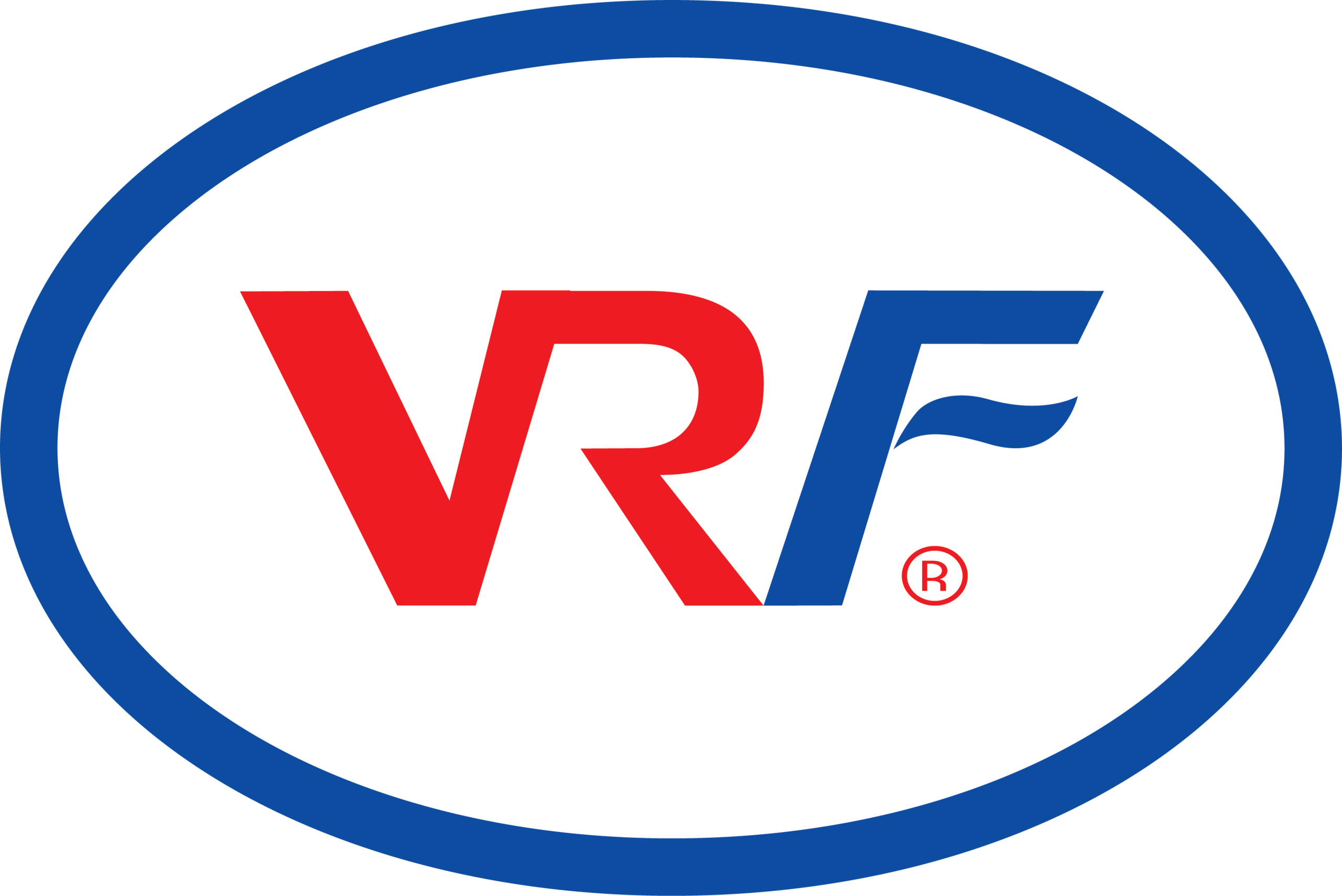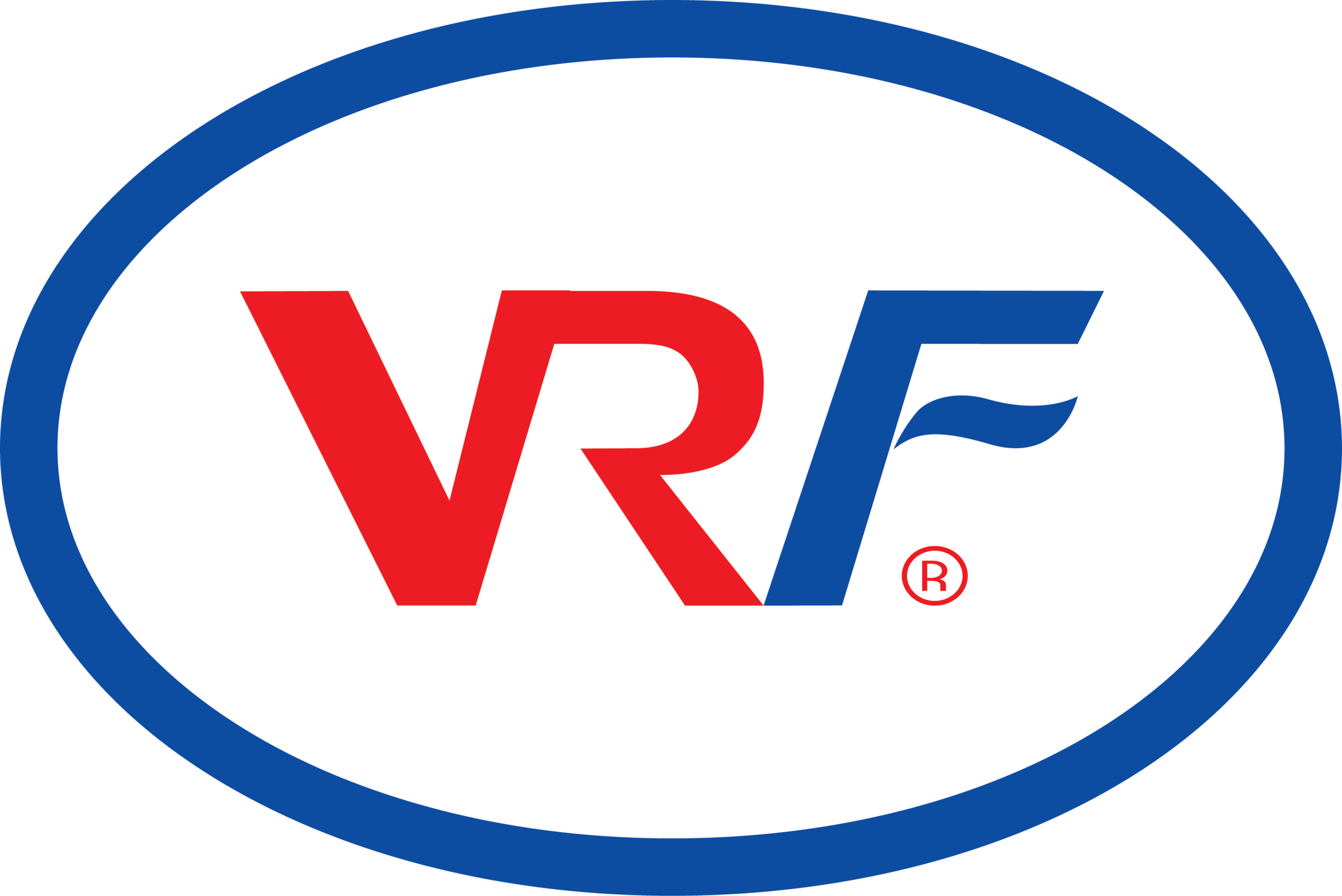The global Renewable Algal Products Market is expanding rapidly as industries embrace algae-based solutions for sustainable growth. Renewable algal products, derived from microalgae and macroalgae, are being widely adopted in food, pharmaceuticals, cosmetics, biofuels, and agriculture. Their natural abundance, high nutrient content, and environmental benefits make them key to building a green and circular economy.
According to our latest research, the global Renewable Algal Products market size reached USD 5.8 billion in 2024, with a robust growth trajectory driven by the increasing demand for sustainable products across diverse industries. The market is projected to expand at a CAGR of 9.1% from 2025 to 2033, reaching a forecasted value of USD 12.9 billion by 2033.
Growing consumer demand for plant-based and eco-friendly alternatives is driving investments in algae-based proteins, omega-3 fatty acids, and biofuels. Governments and organizations are also supporting algae cultivation projects to reduce dependency on fossil fuels and conventional resources. This shift positions renewable algal products as vital in addressing global challenges related to climate change, nutrition, and energy.
Additionally, technological innovations in algal cultivation and processing are enhancing scalability, improving yields, and lowering production costs. These advancements are making renewable algal products more accessible across industries, unlocking opportunities for growth in both developed and emerging economies.
👉 Request a Sample Report: https://researchintelo.com/request-sample/1744
Market Drivers
Several key factors are fueling growth in the renewable algal products market:
-
Rising Health Awareness: Growing demand for plant-based nutrition, dietary supplements, and functional foods.
-
Energy Transition: Increasing interest in algae-based biofuels as a clean alternative to fossil fuels.
-
Sustainability Push: Regulatory support and global initiatives encourage eco-friendly material adoption.
-
Industrial Applications: Expanding use in pharmaceuticals, animal feed, and cosmetics.
These drivers emphasize the market’s strong alignment with global sustainability goals and consumer preferences.
Market Restraints
Despite its potential, the renewable algal products market faces several challenges. High production and processing costs remain major barriers, making algae-based alternatives less competitive with conventional products. Limited large-scale cultivation infrastructure and technical complexities in strain optimization further hinder adoption. Additionally, lack of consumer awareness in some regions slows market penetration.
Nevertheless, ongoing R&D efforts and increasing industry investments are expected to reduce these constraints over time.
Market Opportunities
The renewable algal products market offers significant opportunities for growth:
-
Biofuels: Rising global demand for sustainable energy accelerates algae-based fuel adoption.
-
Nutraceuticals: Expanding market for omega-3 fatty acids, proteins, and antioxidants from algae.
-
Cosmetics: Growing use of algae extracts in skincare and personal care products.
-
Agriculture: Algal biofertilizers and feed additives improve crop yields and livestock nutrition.
These opportunities highlight algae’s versatility and its ability to serve multiple high-growth industries simultaneously.
👉 View Full Report: https://researchintelo.com/report/renewable-algal-products-market
Market Dynamics
The renewable algal products market is shaped by dynamic interactions between regulatory frameworks, consumer demand, and industrial innovation. With global movements toward decarbonization and plant-based diets, renewable algal products are gaining traction in mainstream markets.
According to Research Intelo, the market is projected to grow at a robust CAGR over the next decade. Rising investments in algal biorefineries, coupled with technological breakthroughs in large-scale cultivation, are enhancing efficiency and profitability. These dynamics position renewable algal products as a sustainable alternative with long-term growth potential.
Regional Insights
-
North America: Advanced biotechnology infrastructure and consumer interest in plant-based nutrition drive growth.
-
Europe: Strong regulatory support for renewable energy and sustainable agriculture fuels adoption.
-
Asia-Pacific: Rapid industrialization and high demand for food supplements and biofuels make it a leading growth hub.
-
Latin America & Middle East: Emerging opportunities in aquaculture, agriculture, and bioenergy sectors.
These regional insights underline the global scope of renewable algal products and their diverse applications across industries.
Growth Trends
The renewable algal products market is witnessing notable trends:
-
Rising demand for plant-based proteins from health-conscious consumers.
-
Expanding use of algae in aquaculture and animal feed for improved nutrition.
-
Increasing investment in algae-based biofuel projects to reduce fossil fuel reliance.
-
Growing use of algal extracts in cosmetics for anti-aging and skin-repairing properties.
These trends reflect the market’s adaptability and relevance across multiple global industries.
👉 Enquire Before Buying: https://researchintelo.com/request-for-customization/1744
Future Outlook
The future of the renewable algal products market looks highly promising, with expanding industrial applications, rising consumer demand, and advancing technologies. As economies strive to achieve net-zero goals and enhance food security, algae will play a pivotal role in sustainable production systems.
With cost reductions expected through process innovations and economies of scale, renewable algal products will become more competitive against conventional alternatives. By 2035, they are projected to be an integral part of global supply chains in food, healthcare, cosmetics, and renewable energy.


